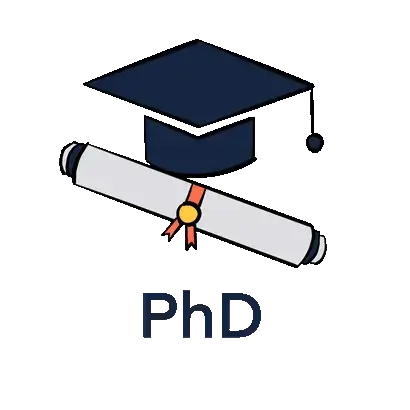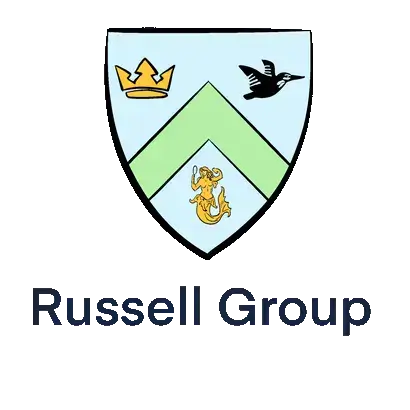Throughout my time at school, the message was always reiterated: the jump from GCSE to A Level will knock the wind out of your sails. When I made this jump (and stayed above surface) I felt ready to handle any challenges.
What no-one could have prepared me for, was the transition from A Level to Undergraduate.
History at University level can be an incredibly alienating experience, and the A Level does not necessarily prepare you for the new skills and techniques which are required to succeed on a history degree. I soon realised this experience wasn’t unique to me. Being on the other side of the pressures, I have simultaneously tutored A Level and lectured Undergraduates.
Here are my top tips for surviving the jump.
Learning to reference:
Entering a seminar on referencing, I thought I knew it all. This was until I was introduced to a wealth of new lingo; footnotes, in-text citations, the list goes on. Every University has its preferred referencing system, and it is a skill worth acquiring as quickly as you can. Your university will have a referencing handbook, with worked examples. Referencing is essential to ensuring you are engaging with the scholarship and avoiding high percentages of similarity in your work. A high similarity score can lead to questions of plagiarism, which we want to avoid. If you can hone this skill in first year, you will be well on your way.
Writing style:
At A Level, we begin to develop our writing style. Some people naturally adopt an academic tone in their writing, which works well for those wanting to study history. It is important to ensure our writing is both academic and succinct. This means making sure we engage with scholarship, taking note of how key exponents communicate research findings. Alongside this, it is important to learn to ditch the comma. Many undergraduates (myself included in this!) are guilty of excessive comma usage, leading in essays being convoluted and difficult to read. Offering to proof your friends work will also help you identify problems within your own work, developing a sophisticated writing style.
Note taking:
As a seminar leader, I quickly realised that students had never been shown how to take notes – both from the recommended reading for the seminar, and within the seminar. It is called recommended reading for a reason! Lecturers will set reading which is there to supplement content covered in the lecture. This scholarship, in turn, will help with your assessments. Try summarising key arguments, making sure to note down page numbers. This practice will help you get the most out of your seminars. Come prepared with a means of taking notes in both lectures and seminars. This will enable you to identify key schools of thought, and reflect this during your assessments and exams. And no, having the reading just on your phone doesn’t count!
Getting used to knocking on doors:
As with school, the best resource is your teacher. In University, the job of the lecturer is to impart wisdom. This applies to both course content, and how to tackle assessments. Getting comfortable with visiting your lecturers during their office hours is a great way to ensure you are getting advice straight from the horse’s mouth. Asking your lecturer for an example essay, maybe from a previous year, it an example of how asking helps us develop our skills.















Start the discussion!